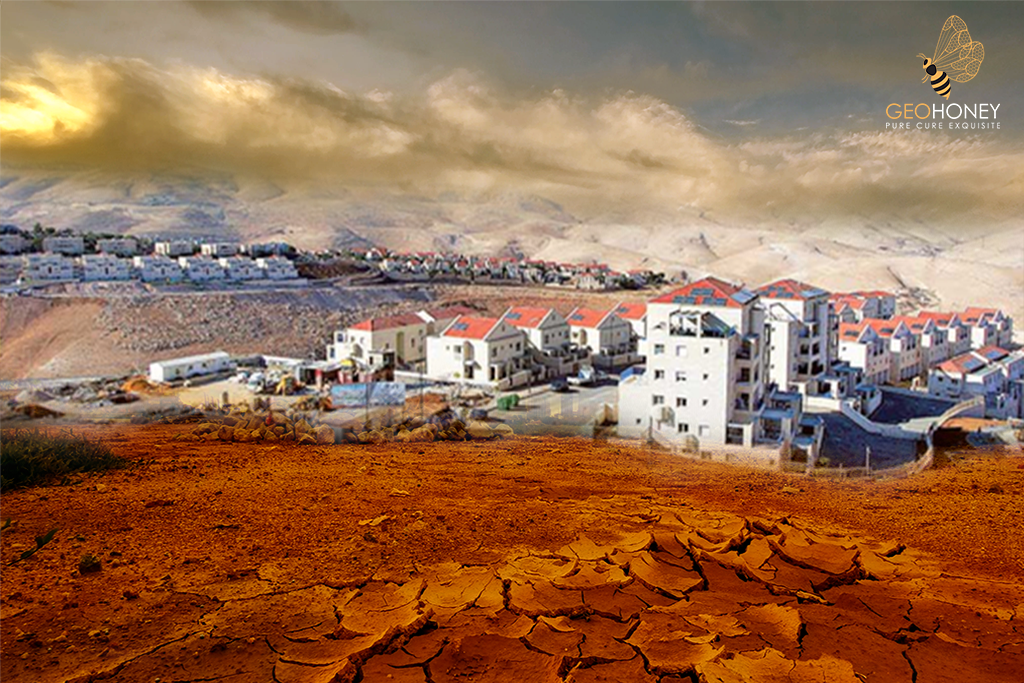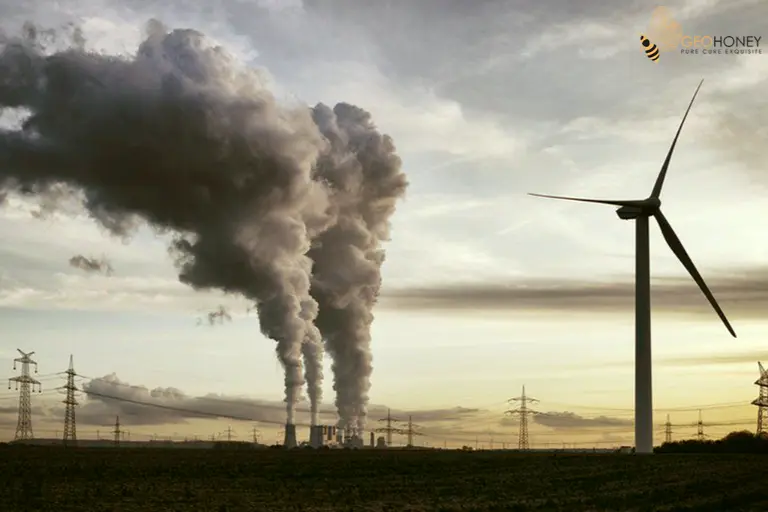- Tokyo: 22:54
- Singapore: 21:54
- Dubai: 17:54
- London: 13:54
- New York: 08:54
Climate Change "injustices" in the MENA are Highlighted by Experts

WASHINGTON: Climate change is already taking place, and as temperatures rise, oceans warm, sea levels rise, and already precious freshwater resources in some areas decrease, its consequences will only worsen. Conflict and migration will be exacerbated by this, especially in the Middle East and Africa's poorest and most vulnerable countries.
This was one of the comments from attendees during a panel discussion on the topic of "Climate Injustice?," which was held on Wednesday at the Middle East Institute in Washington. How less developed countries are bearing the brunt of climate change.
In comparison to wealthy, industrialised Western countries, many poorer nations contribute less to the carbon emissions that produce climate change, but they bear the brunt of its repercussions, according to Mohamed Mahmoud, director of the institute's Climate and Water Program.
According to him, three primary elements determine which nations are most likely to suffer from the effects of climate change both now and in the future.
First of all, when sea levels rise, countries with extensive coastlines and island states run the risk of losing land mass and flooding. Moreover, the influx of saltwater could "compromise" their supply of fresh groundwater.
Second, even slight increases in global temperatures can have a significant impact on countries with a high heat index, particularly those that are close to the equator and get a lot of solar radiation. The third and most crucial aspect, according to Mahmoud, is the present scarcity of fresh water in several nations.
The Middle East and North Africa region is home to all of these broad groups, which makes the distinction between them interesting, he continued. The likelihood of crises due to climate change increases as more of these problems are faced by nations in the region.
The panellists concurred that a country's ability to effectively combat the impending challenges of climate change is greatly influenced by its economic power, or lack thereof.
East African nations, for instance, which are already suffering from the worst drought in decades and have fragile economies, will be less able to deal with the effects of climate change than, say, a Gulf country like Bahrain, which is water-stressed but much better equipped economically to handle potential challenges.
Mahmoud stressed the importance of nations' financial capability to solve climate change-related issues, particularly their ability to pay for the tools and technologies they require to handle their particular issues. The right education and training must also be a part of the overall plan to lessen the effects of climate change, he continued.
Financial stability is crucial, but according to Ayat Soliman, the World Bank's regional director for sustainable development for Eastern and Southern Africa, there is a certain amount of "injustice" in how various countries are impacted by the global issue of climate change.
She claimed that "we notice climate charts are increasing in terms of its intensity" across Africa and the Middle East. She stated that several parts of Africa, for instance, are going through their worst drought in years and that millions of people are going hungry.
Since some of the most vulnerable individuals in the world are being impacted by climate change in Africa, Soliman predicted that there will be a large-scale migration as a result. According to a World Bank study, nearly 90 million people will be forced to leave their houses and find new residences over the course of the next 20 years as a result of the effects of climate change. The already pressing problem of food security in less developed countries will be exacerbated by this.
Soliman predicted that the majority of those packing up and moving will be the poor, the weak, and those who live in rural areas. Conflicts all across the world are and will continue to be caused by climate stress.
The president and co-founder of the Mediterranean Youth Climate Network, Hajar Khamlichi, stated that young people in the most severely affected areas have a crucial role to play in the successful implementation of international agreements that guide global action on climate change. As a result, it is crucial that they participate in the process and are heard, which is not always the case.
He added that this failure has an impact on national and international policies to combat the effects of climate change. "The voice of young people is not heard in the Arab World," he stated.
While impoverished nations disproportionately shoulder the burden of the climate problem, attendees at a Middle East Institute event warned of unrest and mass migration.
They said that numerous countries in the Middle East and Africa include all of the key elements that determine how vulnerable a country is to climate change.
Source: arabnews.com



